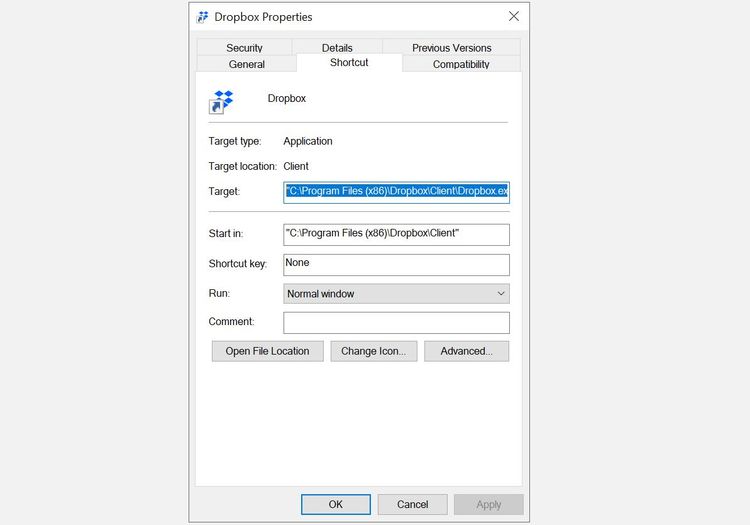If You Think Running Multiple Programs Via A Shortcut Is An Interesting Idea, You Should Know That It Is Possible To Do This In Windows 10.
Some programs are highly interconnected and require one to run simultaneously as the other; Of course, this varies depending on the user’s needs. For example, if you are a gamer, you may need to connect to Discord while playing the game.
Isn’t it interesting that with just one click on a shortcut, you can launch both of these programs simultaneously and surprise yourself and others with the speed of your professional activities?
In the continuation of this educational article, you will get acquainted with setting a batch file to run several programs through a shortcut.
Run multiple programs via one shortcut
1. Save app paths in Notepad
First, you need to find the path of the programs you are trying to run simultaneously. To find the application shortcut, right-click on it and select Properties. The path written in the Target box is what we are looking for; copy it.

Save the copied path to a Notepad file so you can easily access it. Do the same for all the apps you want.
2. Create a child file
Now we need to create a batch file with all the paths we have saved. Open the Notepad file that contains the application path and set it to look like the following example:
| echo off @ “\ cd” C: \ Program Files (x86) \ Dropbox \ Clientstart Dropbox.exe”\ ++ cd” C: \ Program Files \ Notepad start notepad ++. exe exit |
Above, you can see an example of a complete batch file script. In this example, two programs, Dropbox and Notepad ++, open; But you have to change the path of these programs to the paths you want to open. In the following, we will analyze the script of this batch file together.
Batch file analysis
| echo off @ |
This line prevents commands from being displayed on the command line and executes the batch file.
| “\ ++ cd” C: \ Program Files \ Notepad |
This command changes the directory to a Notepad ++ directory.
| Start notepad ++. exe |
This command launches the executable file from the directory we went to. Note that some applications, such as Dropbox, require a specific destination, such as the / home folder, visible in Properties.
| exit |
This section also closes the window after executing the child file.
3. Save the batch file
To save the batch file in Notepad, set Save as type to All Files and save the file with the extension bat. Save. Remember the location of the child file; Because you will need it later.
4. Create a shortcut
You can now use the child file to launch your programs simultaneously; But to make the work look a little more professional and beautiful, you can make a shortcut with an icon for the child.
Make a custom.
Right-click on the desktop, hover over New, and select Shortcut. Select where the batch file is located and click the Next button. Choose a name for the shortcut and click Finish.
Now right-click on the shortcut you created and select Properties. Modify the Target section to the child file you created. Click Apply and then OK to save the changes.
5. Icon customization
Doing this step is optional, But it is recommended—Right-click on the shortcut file you created. Go to the Shortcut tab and then click the Change Icon button. Windows will check your batch file icon and find no options; click OK. You can now select an icon from the Change Icon menu. Click OK to confirm your selection, then click OK again to close the window.
6. Run the child file via shortcuts
Double-click the shortcut icon you created. You will see that the command line window opens and closes immediately (due to forcing the last line into the file), then the selected programs run on the screen simultaneously.
If everything is in order, move the shorts to the place you like. You can pin the shortcut to the Start menu or taskbar by right-clicking on the icon.
***
Automation starts with these little shortcuts. This not only saves time but also speeds up your desktop space and makes everything look more professional.